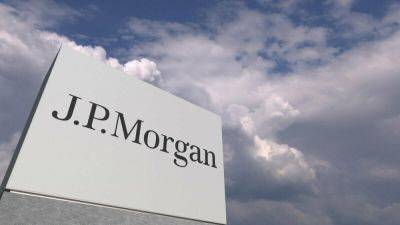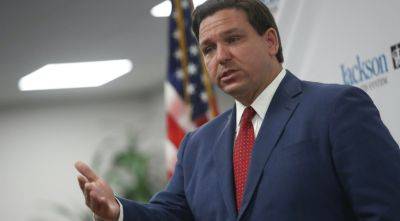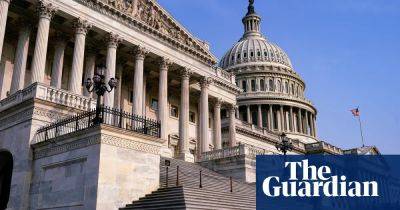Brexit food trade barriers have cost UK households £7bn, report finds
British households have paid £7bn since Brexit to cover the extra cost of trade barriers on food imports from the EU, according to researchers at the London School of Economics (LSE).
The university’s latest report estimating the impact of leaving the bloc on UK food prices found that trade barriers were consistently hampering imports, pushing up bills by an average £250.
The cost of food in the UK had rocketed by 25% since 2019, the researchers calculated, but if the post-Brexit trade restrictions were not in place then this increase would be only 17% – nearly a third lower.
Adding up the impact on all British households suggested they had paid an extra £6.95bn as a consequence, they said.
“Between December 2019 and March 2023 food prices rose by almost 25 percentage points. This analysis suggests that in the absence of Brexit this figure would be 8 percentage points (30%) lower,” the report found.
The International Monetary Fund has urged the UK government to lower non-tariff barriers to trade to lower inflation.
In a health check on the UK economy, the Washington-based body said the government should work to bring down inflation generated by trade barriers with its main trade partners.
The UK has the highest food inflation rate in the industrialised world, according to recent inflation data.
In the latest figures from the Office for National Statistics, the consumer prices index measure of inflation fell to 8.7% from 10.1% in March, but food inflation over the past year remained elevated at 19%.
Sign up to Business Today
Get set for the working day – we'll point you to all the business news and analysis you need every morning
after newsletter promotion
Brexit trade barriers include extra paperwork to validate goods and veterinary
Read more on theguardian.com

















